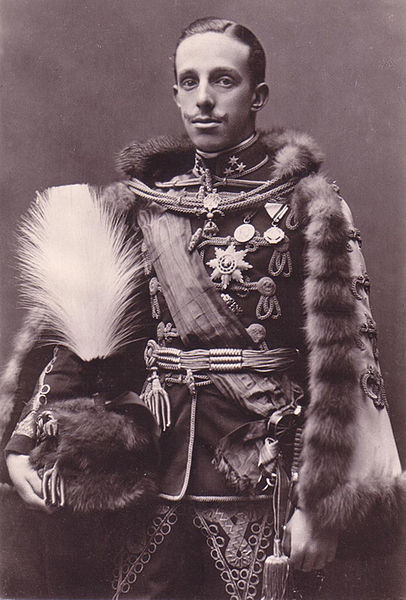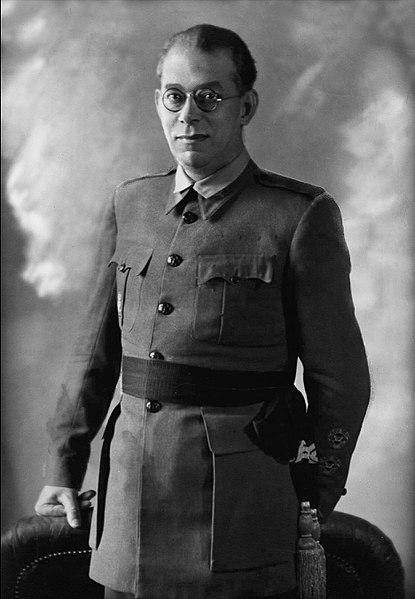Non-intervention in the Spanish Civil War
During the Spanish Civil War, several countries followed a principle of non-intervention to avoid any potential escalation or possible expansion of the war to other states. That would result in the signing of the Non-Intervention Agreement in August 1936 and the setting up of the Non-Intervention Committee, which first met in September. Primarily arranged by the French and the British governments, the committee also included the Soviet Union, Fascist Italy, and Nazi Germany. Ultimately, the committee had the support of 27 states.
Image: Bundesarchiv Bild 183 H12967, Münchener Abkommen, Chamberlain
Image: Léon Blum reading
The Spanish Civil War was a military conflict fought from 1936 to 1939 between the Republicans and the Nationalists. Republicans were loyal to the left-leaning Popular Front government of the Second Spanish Republic, and consisted of various socialist, communist, separatist, anarchist, and republican parties, some of which had opposed the government in the pre-war period. The opposing Nationalists were an alliance of Falangists, monarchists, conservatives, and traditionalists led by a military junta among whom General Francisco Franco quickly achieved a preponderant role. Due to the international political climate at the time, the war had many facets and was variously viewed as class struggle, a religious struggle, a struggle between dictatorship and republican democracy, between revolution and counterrevolution, and between fascism and communism. According to Claude Bowers, U.S. ambassador to Spain during the war, it was the "dress rehearsal" for World War II. The Nationalists won the war, which ended in early 1939, and ruled Spain until Franco's death in November 1975.

On 12 April 1931, the Republicans won the elections and the Spanish Second Republic was proclaimed two days later. King Alfonso XIII went into exile.
General Emilio Mola was the chief planner of the coup.
Casares Quiroga was the prime minister of Spain on the last two months leading up to the coup.
The murder of prominent parliamentary conservative José Calvo Sotelo was a major catalyst for the coup.






